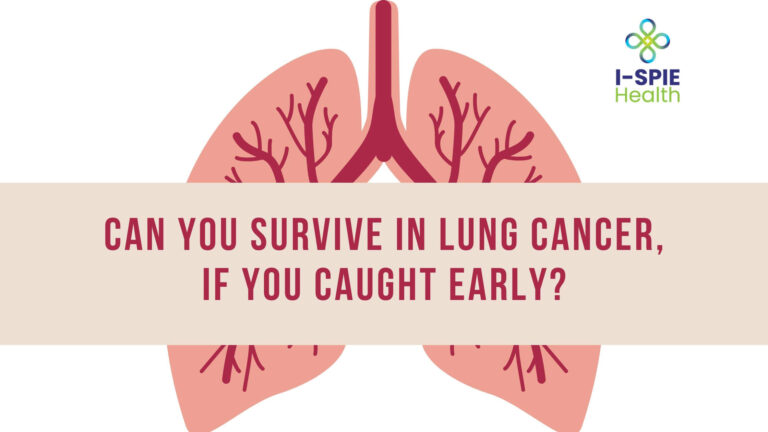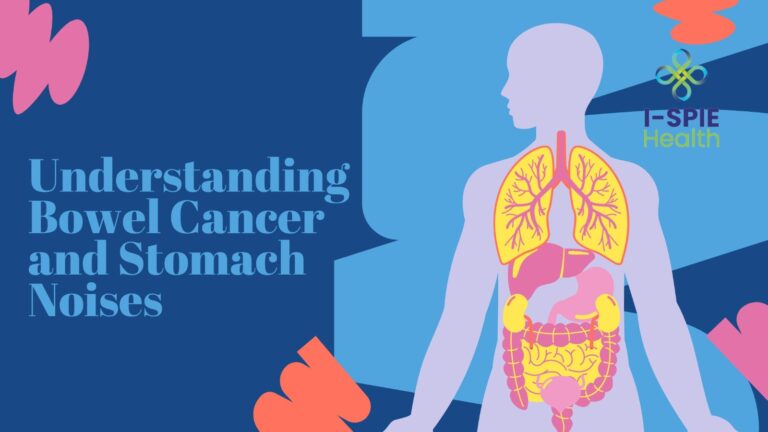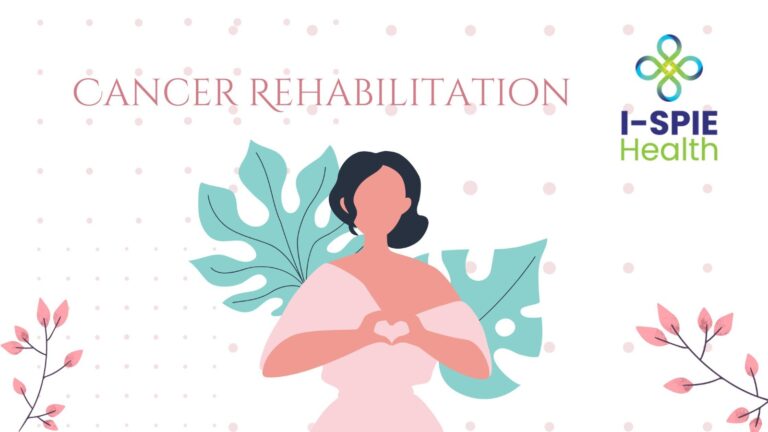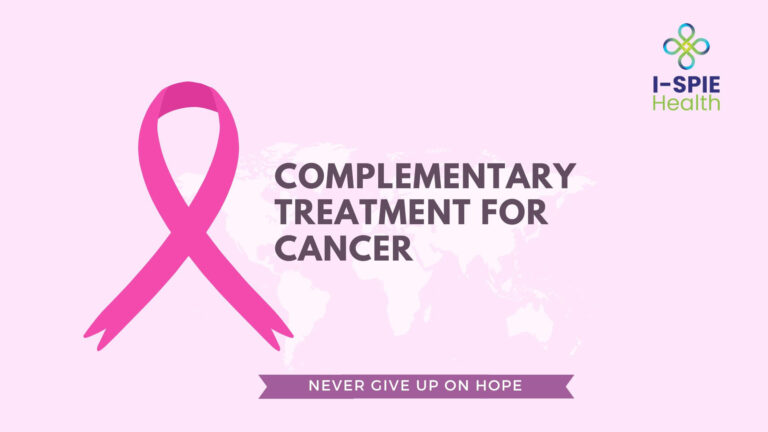In the era of medical and cancer treatment, compassionate care is not just a phrase; it’s a guiding principle that emphasizes the importance of empathy, understanding, and comprehensive support for patients facing cancer’s challenges.
This article explores the definition and significance of compassionate cancer care. We explain why the holistic approach is vital in cancer treatment and provide in-depth insight.
What is Compassionate Cancer Care?
Compassionate cancer care involves actively listening to patients, involving them in decision-making, and tailoring care plans to meet their unique preferences and circumstances. It aims to humanize the healthcare experience, foster trust between patients and patient advocates, and improve overall treatment outcomes and quality of life.
Key Elements of Compassionate Cancer Care
Emotional Support
Cancer diagnosis often triggers a range of emotions like fear, anxiety, and sadness. Compassionate care creates a safe environment where patients can freely express their feelings, receive validation, and gain access to coping strategies to navigate their emotional journey effectively.
Empowerment
Empowering patients through comprehensive education about their condition, treatment options, and self-care practices is crucial. This empowerment fosters a sense of control and active involvement in decision-making processes, ultimately leading to improved adherence to treatment plans and better overall outcomes.
Holistic Approach
Compassionate care adopts a holistic approach by considering the entirety of the patient’s well-being. It addresses not only physical symptoms but also spiritual, social, and cultural needs. This comprehensive approach promotes overall well-being and enhances the quality of life for patients facing cancer diagnoses.
Communication
Effective communication between healthcare providers, patients, and their families is a cornerstone of compassionate care. Clear, honest, and respectful communication builds trust, reduces anxiety, and ensures that patients and their loved ones are well-informed and actively engaged in their care journey.
Palliative Care
Integrating palliative care early in the cancer journey is vital. This specialized care focuses on symptom management, pain relief, and improving overall quality of life. Compassionate palliative care supports patients and their families with dignity and compassion throughout the treatment process, including end-of-life care if needed.
Patient-Centered Care
Placing the patient at the center of care planning and delivery is fundamental to compassionate care. Understanding their preferences, values, and goals helps tailor treatment plans and support services accordingly, ensuring that care is personalized and aligned with the patient’s needs and wishes.
Psychosocial Support
This cancer care includes access to a range of psychosocial support services, such as counseling, support groups, and mindfulness programs. These resources are designed to address emotional distress, enhance coping skills, and promote resilience, helping patients navigate the emotional challenges of their cancer journey.
Read More: Is Low Potassium a Sign of Cancer?
Benefits of Compassionate Cancer Care
Enhanced Emotional Well-being
Compassionate cancer care provides a supportive environment where patients can freely express their emotions, leading to reduced anxiety, improved mood, and a sense of emotional stability during their treatment journey.
Improved Treatment Adherence
By fostering trust and open communication, compassionate care encourages patients to adhere more closely to their treatment plans, resulting in better treatment outcomes and overall health improvements.
Enhanced Quality of Life
The holistic approach of compassionate care considers not just physical symptoms but also spiritual, social, and psychological aspects, leading to an improved quality of life for patients and their families.
Better Coping Strategies
Through access to psychosocial support services, patients learn effective coping strategies, resilience-building techniques, and mindfulness practices, empowering them to navigate the challenges of cancer with greater strength and resilience.
Increased Patient Satisfaction
Compassionate care prioritizes patient-centered approaches, personalized care plans, and active involvement in decision-making, leading to higher levels of patient satisfaction and overall positive healthcare experiences.
Challenges in Compassionate Cancer Care Implementation
Access and Equity
Ensuring equitable access to these cancer care services, especially for underserved populations or those in rural areas, remains a challenge due to resource disparities and geographical barriers.
Integration into Healthcare Systems
Incorporating compassionate care into existing healthcare systems requires overcoming institutional barriers, changing organizational culture, and aligning with regulatory frameworks.
Resource Allocation
Adequate resource allocation, including funding, staffing, and infrastructure, is essential for delivering comprehensive and sustainable cancer care services. Despite these challenges, healthcare professionals like Madhavi Parikh (PA-C) play a crucial role in advancing compassionate care and overcoming barriers to implementation.
The Role of Healthcare Professionals in Compassionate Cancer Care
Healthcare professionals like Madhavi Parikh (PA-C) play a crucial role in cancer care by providing empathetic and patient-centered support, advocating for holistic well-being, facilitating communication and collaboration among teams, and empowering patients through education and guidance. Their dedication ensures personalized care experiences, comprehensive support, and improved outcomes for patients and their families.
Moreover, empathy and compassion play a crucial role in this holistic approach. They allow healthcare providers to connect with patients on a deeper level, understand their fears and concerns, and provide support beyond medical treatments. Empathy fosters trust, reduces anxiety, and enhances the overall patient experience, contributing to higher satisfaction with care.
Looking For a Care With Empowerment?
Consult with me to experience the benefits of caregiving and improve your well-being; start your journey towards compassionate care with Madhavi Parikh.
Conclusion
Compassionate cancer care, rooted in empathy, respect, and comprehensive support, is fundamental to enhancing the cancer care experience and promoting healing on physical, emotional, and spiritual levels.
By embracing holistic approaches, integrating complementary therapies, fostering patient-centered care models, and prioritizing the well-being of patients and cancer caregiver support, we can transform the cancer care landscape and improve cancer patients’ outcomes.
FAQ
What is compassionate cancer care, and why is it important?
Compassionate cancer care focuses on empathy, dignity, and holistic support for patients alongside medical treatments. It’s vital for enhancing overall well-being and quality of life during cancer treatment.
How does it differ from traditional medical care?
This care goes beyond medical treatments, emphasizing emotional support, communication, and patient-centered approaches that prioritize the individual needs and preferences of patients.
What are some key elements of this cancer care?
Key elements include empathy, active listening, personalized care plans, emotional and psychological support, effective communication, shared decision-making, and access to holistic support services like counseling and pain management.
How can patients and caregivers access cancer care services?
Patients and caregivers can access compassionate cancer care services by seeking healthcare providers and facilities that prioritize empathy and holistic support. Communication with healthcare professionals like Madhavi Parikh and inquiring about available resources are essential for accessing compassionate care.








3 Comments